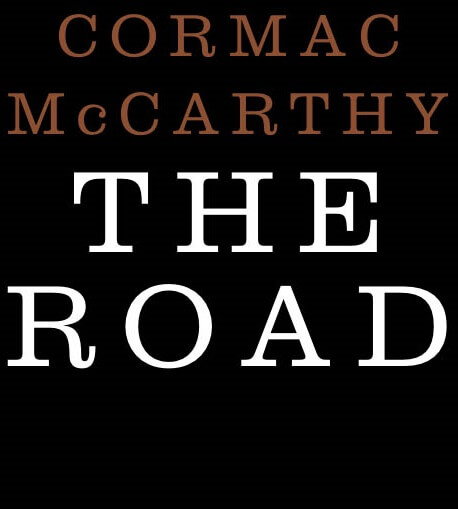Is There Such A Thing As An Instant Classic?
Classic Things vs Classical Things vs Instant Classics

Van Halen still take a lot of flack for this tautological gem off their 1986 monster 5150: “Only time will tell / if we stand the test of time.”
The line regularly shows up on lists of the dumbest lyrics of all time. Despite the apparent obviousness of the line, though, contemporary Americans are ultimately embarrassed it is true. Consider for a moment the quickness with which we pronounce this or that lately released film or book an “instant classic.” Consider for a moment that Willem de Kooning’s 1955 painting Interchange sold for $300 million dollars last year.
The modern spirit has rejected the value of tradition, and yet the modern man is still desperate to participate in the glories of tradition. We want to create traditions, but we do not want to receive traditions. We want our children to believe us, but we do not want to believe our fathers. We want to claim that our labors will stand the test of time without actually submitting our labors to the tests of time. We are impatient to see our labors tested by time, and so we claim they have already stood the test of time: this is simply what it means for us to label this or that book or film an “instant classic.” We pronounce every scraggly voiced white boy with a guitar “the next Dylan,” and Bob Dylan was already the next Dylan Thomas, and Dylan Thomas was the next Thomas Stearns Eliot. We are hasty to see ourselves matter. To assign a value of $300 million dollars to a painting which is barely the age of a grandfather is, if not profoundly stupid, at least profoundly impatient. To assign such value to a work so lately produced is the attempt to age the work quickly, to deify it overnight. We do not really want future generations to have a say about de Kooning or Pollock. By dumping godlike piles of cash on top of their work, we are coercing future generations into noticing them. We make de Kooning a god by force.
There is a world of difference between pronouncing a work “classical” and pronouncing a work “a classic.” Many things are classical which are not classics. Cormac McCarthy’s The Road is classical. Alfonso Cuarón’s 2006 film Children of Men is classical. Audioslave’s song “Out of Exile” is classical and all young men ought to listen to it. A classical thing is a thing which engages the great conversation. The great conversation began when Adam first arose from the dirt, looked at his hands and said, “What do I do with these?” A classical thing knows that something great is required of man and has gone out looking for it. A classical thing has rejected sensuality and longs for excellence, the life of the mind, the spirit. A classical thing is in search of the classic, longs to be classic, is discontent with mere amusement. In this way, a great many works of art and intellect which emerge this week can be fairly pronounced “classical.” A classical thing is good because it shows forth a desire for goodness.
But there is a chasm which separates intention from accomplishment. Classic things reveal not only a desire for goodness, but some obtaining of goodness, as well. A classic thing is a thing which has born witness to truth, beauty and goodness in a way which transcends a particular culture or epoch. A classic thing is a human thing, not merely an American thing or a 20th century thing, or a 19th century thing. The “classicness” of the classic has only to do with the infinite nature of God. A classic thing has been vetted by persons of more than one nationality, by persons of more than one age; a classic thing has glimpsed the ageless, universal nature of God. We cannot really know that a thing has glimpsed the ageless, universal nature of God until it has been vetted by many ages, and many nationalities, and yet remains beautiful in our eyes. “Classic” is, to some extent, an objective status which can only be slowly realized. “Classic” is not a status that can be awarded. It cannot be won in a lottery. Only time can tell if a thing will stand the test of time.

Joshua Gibbs
Joshua Gibbs teaches online classes at GibbsClassical.com. He is the author of How To Be Unlucky, Something They Will Not Forget, and Blasphemers. His wife is generous and his children are funny.










